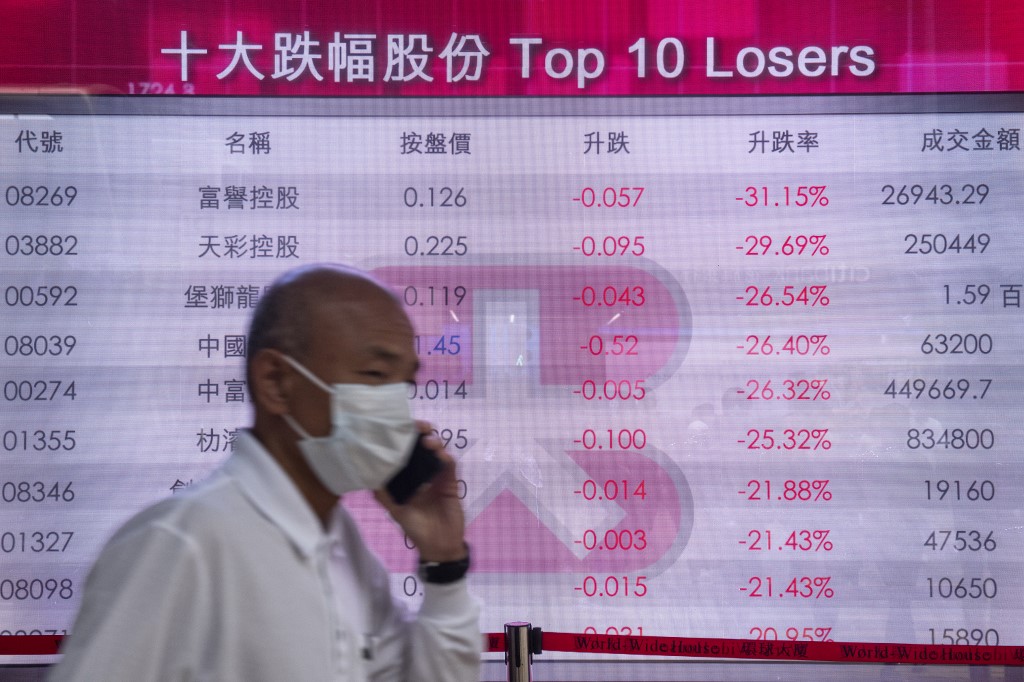(ATF) Threats by President Donald Trump to ban US government funds’ investment in Chinese securities and US Senate legislation forcing Chinese companies off US stock markets have so far failed to have any significant negative impact on China’s securities markets.
The de-listing threat has backfired if it was designed to deny US dollar capital flows to China or Chinese entities. I detailed some of that yesterday, pointing to the more than US$6 billion in funds raised or soon to be raised by Netease and JD.com in dual Hong Kong listings.
Now some details of bets against the HKD peg to the USD are becoming clear and there’s every good reason to believe that they will end up on the same trash heap as George Soros’ ill-fated 1997/98 attempts to do so.
Options data show that currency markets are pricing in a 7% chance that the HKD will drop below 7.90 per USD in 12 months.
A key protagonist among the hedge funds and other investors betting against the HKD peg (7.75-7.85) is Texas Fund manager and fierce Chinese Communist Party foe Kyle Bass.
He is setting up a fund whose assets will be leveraged by 200x via options contracts and pursue strategies to break the peg, meaning to force the HKD out of its guaranteed trading band, within 18 months.
The strategies are predictable enough … and will mirror the 1997-98 Soros ones keyed on shorting HK stocks.
Bass is, of course, counting on US government sanctions of various kinds designed to weaken China’s and Hong Kong’s financial conditions. He may get some such sanctions. But he will be up against the financial resources not only of the HK Monetary Authority (US$450bn), but also those of the People’s Bank of China (PBoC), the Chinese central bank (US$3.21 trillion).
Swap lines between the PBoC and the HKMA will allow Hong Kong to avail itself of the Chinese ammunition and HK Finance Secretary Paul Chan remarked last week that relevant arrangements have been made in case they are required.
I doubt there will be a need for that. Beijing has on several occasions recently stated its commitment to Hong Kong as an international financial centre. Markets believe in the commitment.
Today, after a major New York stock market rout overnight, equity markets in China – where there are no second-wave coronavirus fears – were up a bit (+0.18%); the Hong Kong market closed at -0.73%.
The HKD benefitted from continuing strong capital inflows, touched the upper end of the trading band and stood at 7.75 at 7pm HK time, flush at its guaranteed upper limit.
US dollars are being brought into Hong Kong; the only participant selling the HKD in significant amounts is the HKMA, defending the trading limit.
China’s currency parity was set at 7.0865 to the USD Friday morning, weaker than yesterday. But it did not stay there long and traded at 7.0775 at 7pm.
PPI deflation and CPI disinflation are putting upward pressure on the yuan.
I expect Chinese monetary easing measures by as early as this weekend.
























